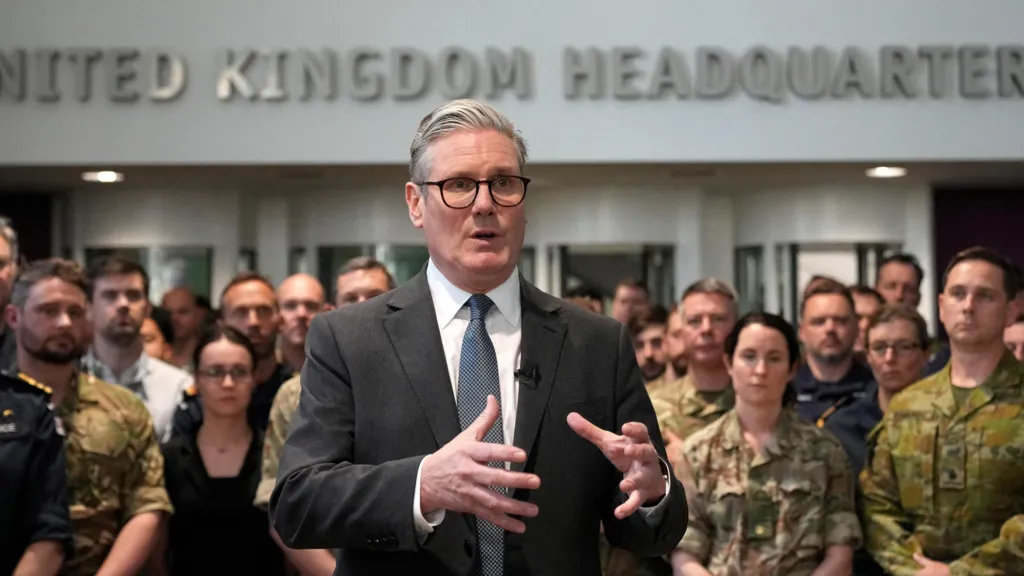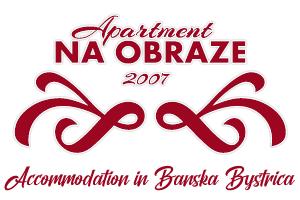Sir Keir Starmer’s proposal for establishing an international force to facilitate a ceasefire in Ukraine has been met with skepticism by Donald Trump’s special envoy, Steve Witkoff, who characterized the initiative as merely “a posture and a pose.” Witkoff criticized the underlying rationale of the plan, suggesting it stems from a “simplistic” mindset held by the UK prime minister and other European leaders who seem to aspire to embody the spirit of Winston Churchill during World War II.
In an interview with prominent pro-Trump journalist Tucker Carlson, Witkoff expressed admiration for Russian President Vladimir Putin, stating he found Putin to be a “super smart” individual and did not view him as “a bad guy.” This sentiment appears to align with Witkoff’s recent experiences; he mentioned meeting with Putin just ten days prior to the interview. Witkoff described the Russian leader as “gracious” and “straight up,” revealing that Putin had shared with him a personal message of goodwill, claiming he had prayed for Trump following an assassination attempt against the former president last year. Witkoff noted that Putin had even commissioned a portrait of Trump as a gift, suggesting the gesture had a profound emotional impact on the former president.
Throughout the interview, Witkoff echoed several narratives commonly presented by the Russian government, including the controversial assertion that Ukraine is a “false country.” He provocatively questioned when the international community would formally recognize the territories of Ukraine that have been occupied by Russian forces as Russian sovereign land.
As the lead negotiator for U.S. efforts towards a ceasefire agreement involving both Russia and Ukraine, Witkoff faces notable challenges in articulating the complexities of the situation. When pressed for details, he struggled to list the five regions of Ukraine that have either been annexed or partially occupied by Russian military forces, which he vaguely referred to as “these so-called four regions.” While he named Donbas and Crimea, he admitted to forgetting the specifics of the remaining two territories, indicating a potential gap in understanding the geopolitical landscape at play.







